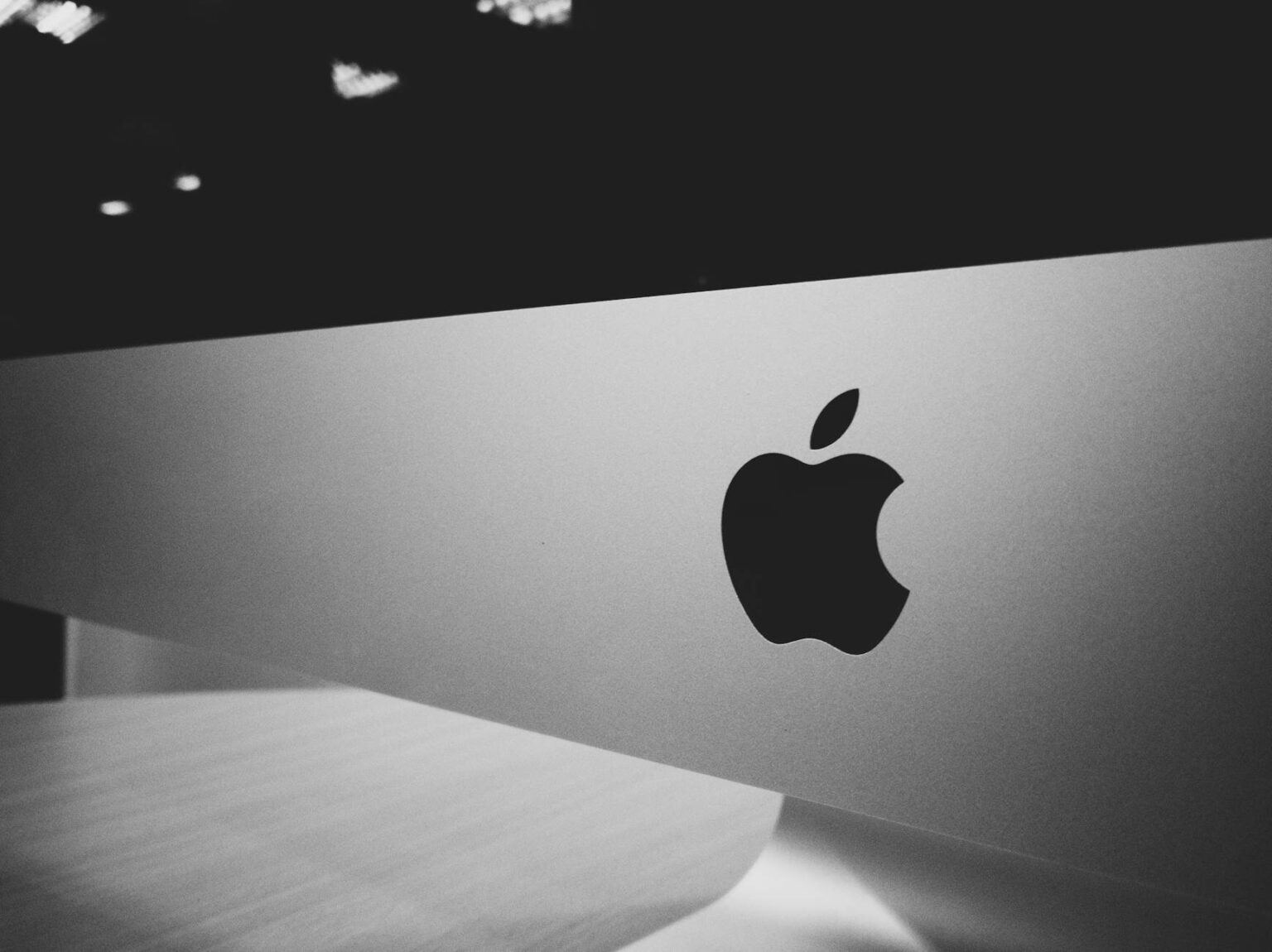Apple is set to defend itself in a landmark £1.5 billion antitrust lawsuit, with proceedings commencing today at the United Kingdom’s Competition Appeal Tribunal in London.
he case centers on allegations that the tech giant has exploited its dominant position in the market to impose “excessive and unfair charges” on in-app purchases and subscriptions within its App Store.
Key Allegations: Abuse of Market Dominance
The claim, brought by Rachael Kent, a lecturer in the digital economy at King’s College London, argues that Apple has created a monopoly by requiring developers to distribute their applications exclusively through the App Store on devices like iPhones and iPads. Developers are charged commissions of up to 30% on in-app purchases and subscriptions, costs that are often passed on to consumers. According to the lawsuit, this practice has resulted in inflated prices for millions of users in the UK.
Kent, along with the law firm Hausfeld & Co., asserts that Apple’s practices breach both European and UK competition laws. The claim estimates that approximately 20 million Apple users in the UK may have been overcharged due to the company’s restrictions on rival app store platforms. Any user who made purchases on the British version of the App Store between October 1, 2015, and November 15, 2024, could potentially be entitled to compensation.
Apple’s Response: “Meritless” Allegations
Apple has dismissed the lawsuit as baseless, maintaining that its commission structure aligns with industry standards. The company emphasizes that 85% of apps on the App Store are free and that smaller developers benefit from a reduced commission rate of 15%. Apple further contends that the fees support critical services such as security, app distribution, and developer tools.
In a statement, Apple reiterated its commitment to consumers and the innovation economy in the UK. The company insists that its App Store policies have contributed significantly to the development of the digital ecosystem, delivering value to both developers and users.
Broader Implications and Context
The UK trial is part of a growing wave of global scrutiny of Apple’s business practices. In November 2024, the UK consumer group Which? filed a £3 billion lawsuit accusing Apple of favoring its iCloud service while hindering competition. Similarly, in March 2024, the United States Department of Justice, along with multiple states, sued Apple for alleged anticompetitive behavior in the smartphone market.
The European Commission has also accused Apple of violating digital competition rules, specifically by preventing developers from steering users toward alternative purchasing options outside the App Store. In response to mounting pressure, Apple announced in August 2024 that it would allow users in the European Union to delete the App Store and use competing platforms.
Trial and Potential Outcomes
The trial is expected to last seven weeks, with the Tribunal examining whether Apple’s practices have harmed competition and consumers. If the claims are upheld, the case could result in significant financial penalties for Apple and set a precedent for similar actions worldwide.
At the heart of the case is the debate over the role of dominant platforms in fostering innovation versus the potential for monopolistic abuse. Rachael Kent believes that collective legal actions are essential to ensure accountability and protect consumer interests, stating, “Apple’s responses to these investigations show they are unlikely to act voluntarily, which is why these collective actions are so important.”
This trial is not just a legal challenge for Apple but a crucial test of the regulatory framework governing digital marketplaces. As governments and consumer groups push for greater oversight, the outcome could reshape the dynamics of app distribution and digital competition globally.
